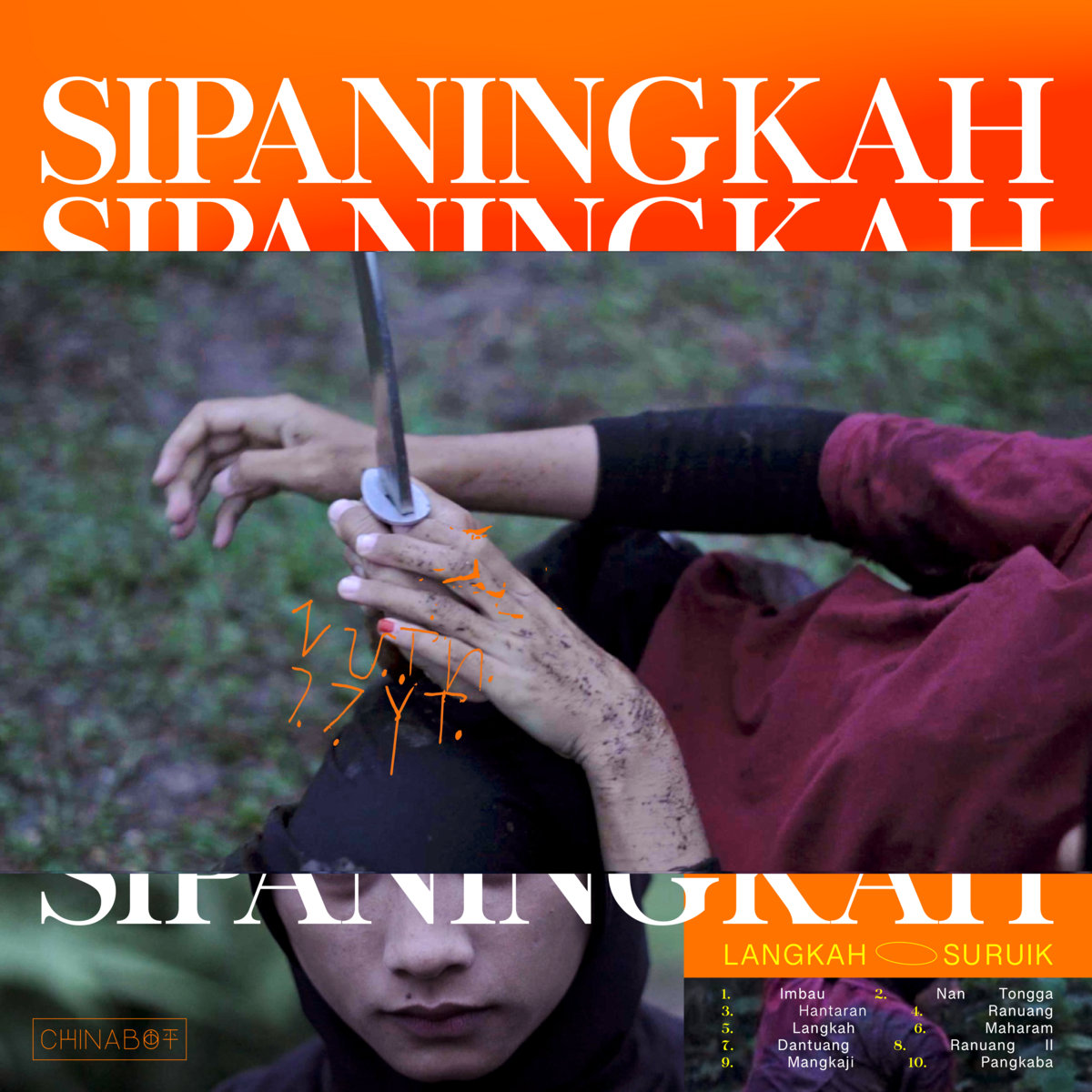no products in the cart
0

A disorienting listen that keeps you on your toes, shifting between chaotic arrangements and hypnotic rhythms. Playing with dynamics and textures, the album pulls you every which way, never allowing the listener enough time to settle before gripping them in an entirely new sonic momentum.
Sipaningkah creates dense, trance-like compositions steeped in the Minangkabau culture of his home province of West Sumatra, Indonesia. Fusing elements of folk and avant-garde noise, Langkah Suruik calls on ancient musical traditions to create a new world, one teeming with hypnotic energy and rich in textural depth. The album’s title, which translates to “step back” in the Minangkabau language, originates from a concept in the Silat Harimau martial arts philosophy. “The Langkah Suruik is the wisest step, choosing to step back and not fight,” says Sipaningkah. “However, I interpret it as a way to see, search for, and relearn the roots of our personal traditions, so that we can then use them to understand the current world situation.”
On Langkah Suruik, Sipaningkah draws deeply from Minangkabau tradition while forging his own experimental path. The album features an instrument he created himself: a “Tasauff” percussion instrument inspired by the Tasa drum, Talempong gong, and Rabab string instrument. He also plays traditional Minangkabau instruments, such as the pupuik soroang (a wind instrument inspired by the sound of elephants), the Canang gong, the serunai flute, and the sampleong pipe. Using this traditional repertoire in an eclectic and unexpected way, he crafts pummeling rhythms within non-traditional song structures.
The album is deeply concerned with both the contemporary and the past. Dantuang, which translates to “boom” or “explosion,” is Sipaningkah’s response to the current situation in Gaza. It opens with a riot of flute sounds before a complex, hammering beat kicks in—insistent and dangerous—roiling the music into a howl of pain. Folk meets raw noise again on Ranuang, a dirge that builds into a shimmering cataclysm of frenetic energy. We don’t hear Sipaningkah’s voice until the final two tracks, which exorcise the tension of the rest of the record. Pangkaba, the peaceful album closer, reaches toward dreampop in its wistful loveliness, while remaining true to West Sumatra's rhythms and improvisation.
This remarkable record paradoxically uses a step back toward tradition to move forward into new territory, creating something truly fresh and idiosyncratic.
€14,00
only 5 left

A disorienting listen that keeps you on your toes, shifting between chaotic arrangements and hypnotic rhythms. Playing with dynamics and textures, the album pulls you every which way, never allowing the listener enough time to settle before gripping them in an entirely new sonic momentum.
Sipaningkah creates dense, trance-like compositions steeped in the Minangkabau culture of his home province of West Sumatra, Indonesia. Fusing elements of folk and avant-garde noise, Langkah Suruik calls on ancient musical traditions to create a new world, one teeming with hypnotic energy and rich in textural depth. The album’s title, which translates to “step back” in the Minangkabau language, originates from a concept in the Silat Harimau martial arts philosophy. “The Langkah Suruik is the wisest step, choosing to step back and not fight,” says Sipaningkah. “However, I interpret it as a way to see, search for, and relearn the roots of our personal traditions, so that we can then use them to understand the current world situation.”
On Langkah Suruik, Sipaningkah draws deeply from Minangkabau tradition while forging his own experimental path. The album features an instrument he created himself: a “Tasauff” percussion instrument inspired by the Tasa drum, Talempong gong, and Rabab string instrument. He also plays traditional Minangkabau instruments, such as the pupuik soroang (a wind instrument inspired by the sound of elephants), the Canang gong, the serunai flute, and the sampleong pipe. Using this traditional repertoire in an eclectic and unexpected way, he crafts pummeling rhythms within non-traditional song structures.
The album is deeply concerned with both the contemporary and the past. Dantuang, which translates to “boom” or “explosion,” is Sipaningkah’s response to the current situation in Gaza. It opens with a riot of flute sounds before a complex, hammering beat kicks in—insistent and dangerous—roiling the music into a howl of pain. Folk meets raw noise again on Ranuang, a dirge that builds into a shimmering cataclysm of frenetic energy. We don’t hear Sipaningkah’s voice until the final two tracks, which exorcise the tension of the rest of the record. Pangkaba, the peaceful album closer, reaches toward dreampop in its wistful loveliness, while remaining true to West Sumatra's rhythms and improvisation.
This remarkable record paradoxically uses a step back toward tradition to move forward into new territory, creating something truly fresh and idiosyncratic.


we write about records, events, and other small discoveries.

